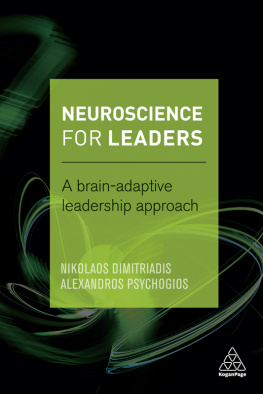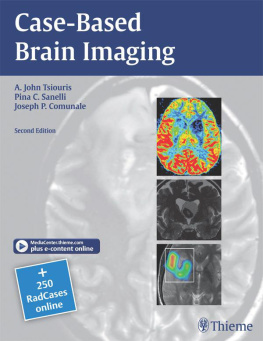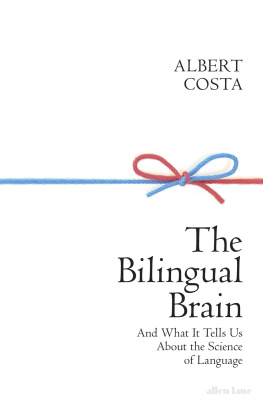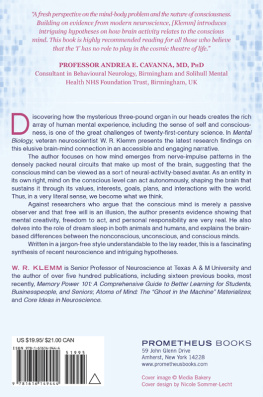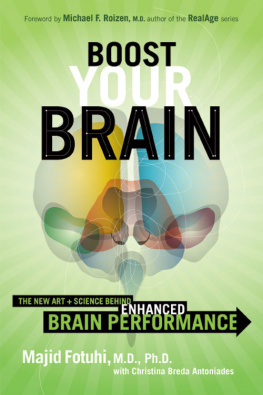In its early form this book was a mess. That it ever became anything otherwise was the result of a few hardy souls who agreed to slog through it and offer their best ideas as to how it might be rescued from its wayward ways. For this I am deeply indebted to: Fuller and Barbara Torrey, Miriam Cotler, Jer Lynn, Betsy Arumi, Vanessa Taylor, and Dana Weston. To the degree the book is compelling and coherent, these friends and colleagues deserve a big slice of the credit.
Robert Taylor is a psychiatrist and author. He first became interested in the relationship between mind and body in medical school. After his training in psychiatry at Stanford University School of Medicine, it became the basis for his first book, Mind or Body (McGraw Hill, 1982) followed later by Psychological Masquerade: Distinguishing Psychological from Organic Disorders (Springer, 2000), now in its third edition. He has also published three other books Health Fact, Health Fiction (Taylor Publishing, 1990), Finding the Right Psychiatrist: A Guide for Discerning Consumers (Rutgers University Press, 2014), and Madhouse Blues (Argus Books, 2017)the last one, a novel.
His career in psychiatry includes training specialist at the NIMH and multiple health and mental health directorships. He was formerly an Associate Clinical Professor of Family Medicine (Stanford University School of Medicine) and a consultant to the U.S. Secret Service on presidential assassination. He has testified at the request of the U.S. Congress on national health insurance and has had substantial experience working in prisons including serving as Chief Psychiatrist at Mule Creek State Prison in California and providing consultation to two other state prisons, one of them the supermax facility at Pelican Bay (California).
The author has unique experience in the area of health media. In the 80s working as a consultant, he helped design the Mental Health and Health Promotion unit of the California State Department of Mental Health with its main focus on harnessing print and electronic media in the interest of wellness. He went on to serve as Executive Producer, writer, and radio voice for the PBS radio series, STAYING WELL (carried on 170 stations nationwide) and Executive Project Director of FRIENDS CAN BE GOOD MEDICINE, a California public health wellness campaign. In this capacity he was in charge of background research and collaboration with film directors, television producers, and scriptwriters as well overseeing the design of press kits for national distribution. He made two national television appearances on NBCs Today Show and had numerous interviews on local and national talk radio.
For the last several years, the author has spent most of his time writing and practicing psychiatry, including clinical assignments in New Zealand and Alaska.
ACADEMIC AND SPECIALIST
Iff Books publishes non-fiction. It aims to work with authors and titles that augment our understanding of the human condition, society and civilisation, and the world or universe in which we live.
If you have enjoyed this book, why not tell other readers by posting a review on your preferred book site.
Recent bestsellers from Iff Books are:
Why Materialism Is Baloney
How true skeptics know there is no death and fathom answers to life, the universe, and everything
Bernardo Kastrup
A hard-nosed, logical, and skeptic non-materialist metaphysics, according to which the body is in mind, not mind in the body.
Paperback: 978-1-78279-362-5 ebook: 978-1-78279-361-8
The Fall
Steve Taylor
The Fall discusses human achievement versus the issues of war, patriarchy and social inequality.
Paperback: 978-1-78535-804-3 ebook: 978-1-78535-805-0
Brief Peeks Beyond
Critical essays on metaphysics, neuroscience, free will, skepticism and culture
Bernardo Kastrup
An incisive, original, compelling alternative to current mainstream cultural views and assumptions.
Paperback: 978-1-78535-018-4 ebook: 978-1-78535-019-1
Framespotting
Changing how you look at things changes how you see them
Laurence & Alison
Matthews A punchy, upbeat guide to framespotting. Spot deceptions and hidden assumptions; swap growth for growing up. See and be free.
Paperback: 978-1-78279-689-3 ebook: 978-1-78279-822-4
Is There an Afterlife?
David Fontana
Is there an Afterlife? If so what is it like? How do Western ideas of the afterlife compare with Eastern? David Fontana presents the historical and contemporary evidence for survival of physical death.
Paperback: 978-1-90381-690-5
Nothing Matters
a book about nothing
Ronald Green
Thinking about Nothing opens the world to everything by illuminating new angles to old problems and stimulating new ways of thinking.
Paperback: 978-1-84694-707-0 ebook: 978-1-78099-016-3
Panpsychism
The Philosophy of the Sensuous Cosmos
Peter Ells
Are free will and mind chimeras? This book, anti-materialistic but respecting science, answers: No! Mind is foundational to all existence.
Paperback: 978-1-84694-505-2 ebook: 978-1-78099-018-7
Punk Science
Inside the Mind of God
Manjir Samanta-Laughton
Many have experienced unexplainable phenomena; God, psychic abilities, extraordinary healing and angelic encounters. Can cutting-edge science actually explain phenomena previously thought of as paranormal?
Paperback: 978-1-90504-793-2
The Vagabond Spirit of Poetry
Edward Clarke
Spend time with the wisest poets of the modern age and of the past, and let Edward Clarke remind you of the importance of poetry in our industrialized world.
Paperback: 978-1-78279-370-0 ebook: 978-1-78279-369-4
Readers of ebooks can buy or view any of these bestsellers by clicking on the live link in the title. Most titles are published in paperback and as an ebook. Paperbacks are available in traditional bookshops. Both print and ebook formats are available online.
Find more titles and sign up to our readers newsletter at
http://www.johnhuntpublishing.com/non-fiction
Follow us on Facebook at
https://www.facebook.com/JHPNonFiction
and Twitter at https://twitter.com/JHPNonFiction
Fixing blame is a delicate assignment.
Browning Ware
Based on the assumption that we all choose to do what we do, blaming is a deeply ingrained response to rule breaking. To the extent we blame, we cannot be empathetic. The idea that had we been in the exact same position, we would have done the same is excluded.
If someone knowingly and willingly breaks the rules, its on him or her. They are to blame and deserving of punishment. The greater the transgression the more severe the punishment.
Blame is our default response to rule breaking as is trying to avoid blame when we are the object. One of the oldest methods is to try and shift the blame by putting it off on something or someone else. Favorite targets include a menagerie of sacrificial animals, devils and daemons, and of course other persons. But the list of blame objects is virtually unlimited. Even eating utensils have been singled out to take the fall!


